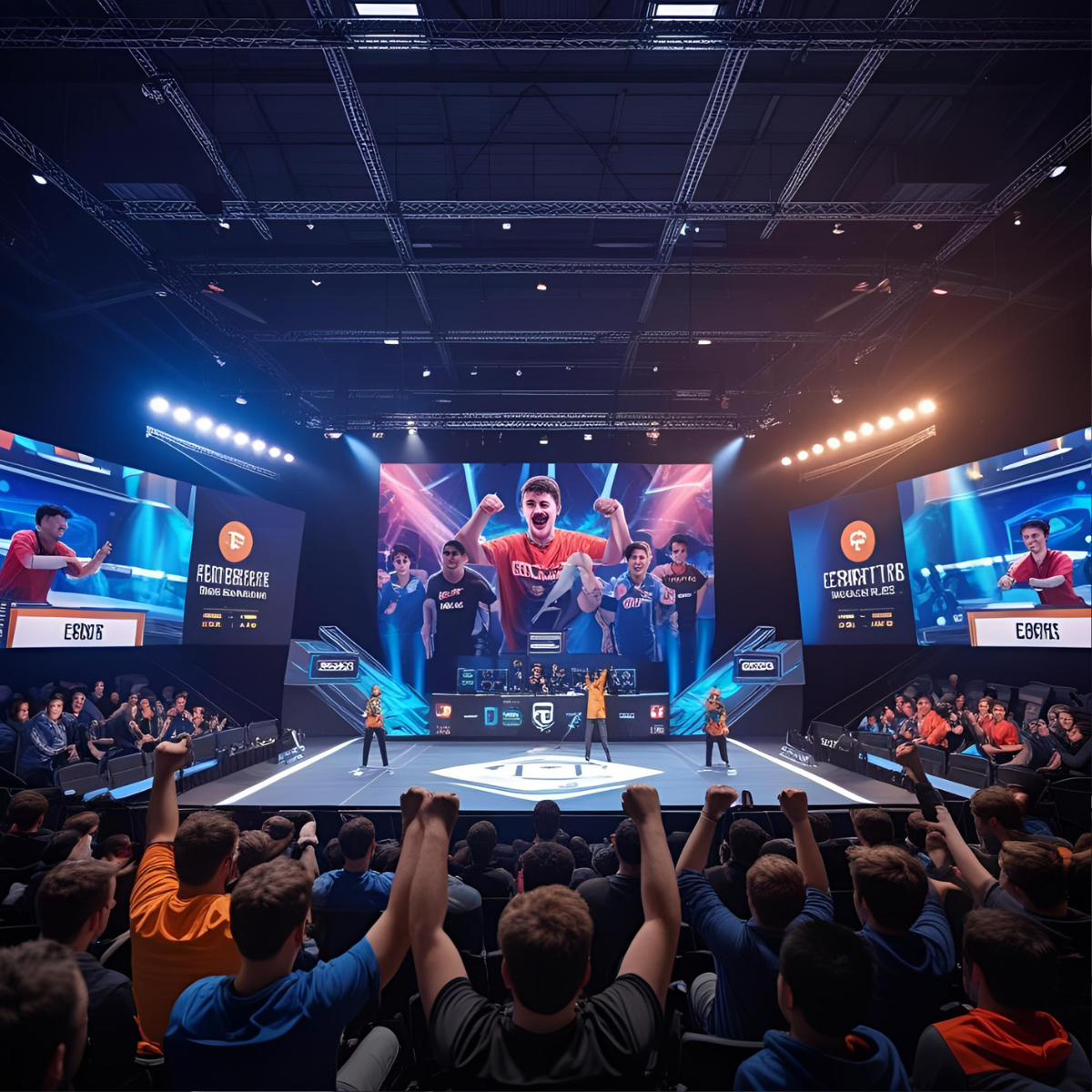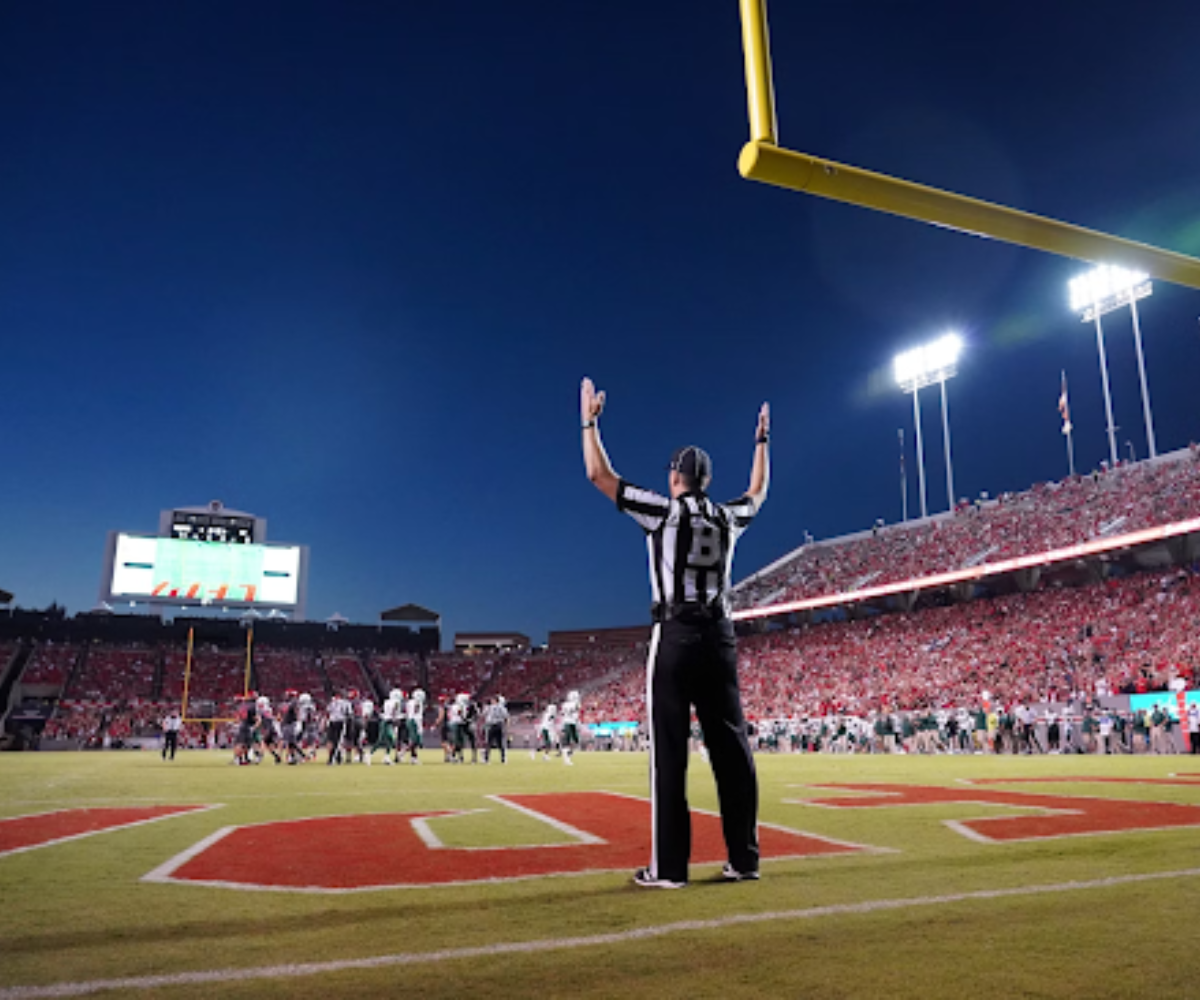Trying to guess who will win, and putting a few coins on it, has been around forever Cavemen probably bet on who could throw a rock the farthest. For as long as humans have competed, others have wanted a piece of the action. While the idea of sports betting is ancient, the way we do it has changed radically.
From simple wagers between individuals to a global industry driven by technology, the journey from chariot races to instant mobile bets is one of changing laws, emerging tech and how we interact with the sports we love.
From ancient wagers to bookmaking
You can’t talk about the history of sports betting without going way back. People have been betting on sports events for more than 2,000 years. The ancient Greeks bet on the Olympic Games, which the Romans adopted and escalated to betting on chariots and gladiators, among many other things. Many of the early bets were informal wagers made between people, without the odds and payouts that we have nowadays. It was a social activity, a way to prove one’s confidence in a favorite athlete or team. For centuries, wagering was unregulated and often frowned upon by authorities. The real game changer was the rise of horse racing in the UK in the 1700s. It was here that the idea of the bookmaker began to form. People began taking formal bets from multiple individuals, calculating the odds so that they could pay the winners and still make a profit. That’s when betting stopped being purely friendly wagers and started looking a little more like the sportsbooks that we are familiar with today. It was the shift from casual wagers to a structured commercial enterprise, even if it was often in a legal grey area. The bookmaker became a specialist who understood the math of risk and could create a balanced book where the house would come out on top.
The age of the betting shop
During the 19th and early 20th centuries, the bookie became the face of the sporting world. Sports such as boxing, horse racing and professional baseball became increasingly popular in the UK and the US, but it was largely unregulated and underground. In the US, outside of the horse tracks, most betting was done illegally, which led to it developing a bad rep. The illegality often led to ties with organized crime, which only made things worse. Prior to that, gambling at racetracks was completely safeguarded by law. In 1960, a turning point in the UK arrived as the Betting and Gaming Act was established. With this act, betting shops were allowed by law and these shops were moved from the underground scene to the mainstream. Now bettors could walk into a shop, scribble on a slip, hand it over and hang around to chat about the races. This normalized sports betting for millions and created a regulated and taxable industry. In the decade that followed, thousands of these shops opened up across the country and became part of the fabric of the culture. For most of the world, this was the physical, local way people bet on sports for decades. These shops were social hubs where fans could gather, discuss the day's events and watch the results come in.
The internet changes everything
The next big shift came with the internet going public in the 1990s. This was the catalyst for a revolution that would completely change the industry. The first online sportsbook was launched in the mid-90s, and users could finally place bets from their home computers for the first time. The very first online sports bet was placed in 1996, and that was a big moment in the history of the industry. Bettors were no longer limited to just picking a winner. Online sportsbooks introduced a whole new world of wagering types, including prop bets on individual player performance and futures bets on championship outcomes, which made the experience much more diverse and fun. By the early 2000s, the online betting market was already worth billions and had millions of users worldwide.
The mobile revolution and live betting
The internet was huge, but then came smartphones in the late 2000s. Suddenly you had a minicomputer in your pocket, and betting could go wherever you did. This convenience sparked another period of growth and innovation. The most significant change of the mobile era has been the introduction of live, or in-play, betting. This allows you to bet on a game as it is happening, with odds updating in real time. For many fans, this has made sports betting much more interactive. You can now put money on who will score the next touchdown, what will happen on the next play or if a player will hit their next free throw. Due to the constant engagement, live interaction with sports is now the primary way many fans bet on sports, which has changed the viewer experience significantly. In addition, it provides excitement on a minute-by-minute basis, which was previously impossible.
The modern era of data and accessibility
Sports betting is now a data driven industry. Modern bettors have access to plenty of statistical information and analytical tools that were once solely the bookmaker's domain. If we look at sites like https://www.wsn.com/nfl/, we can see how easy it is to access information and data about NFL odds, for instance. These days, artificial intelligence is being used to set more accurate odds and even offer bettors personalized betting recommendations. The legal landscape has changed dramatically too, especially in the US. In 2018, the Supreme Court’s decision struck down the Professional and Amateur Sports Protection Act (PASPA), a law that prohibited 49 states from legalizing and regulating sports betting. The ruling allowed individual states to legalize sports betting. Since then, dozens of states have launched their own legal sports betting markets, with the industry transitioning from a niche, offshore affair to a mainstream form of entertainment. Sports leagues, teams and betting companies are now entering into massive partnership deals, something that was unimaginable just a decade earlier.
Conclusion
The story of sports betting is one of how human instinct has adapted to massive technological and societal changes. From informal bets at ancient games to high-tech, data driven apps, the desire to predict an outcome has remained the same. What’s changed is the accessibility, convenience and sheer volume of the experience. From paper slips in a smoky casino to live odds on a mobile screen, the journey has been complete. This isn’t just about technology, it’s a reflection of how we consume entertainment, making it more interactive, personal and instant than ever before.











